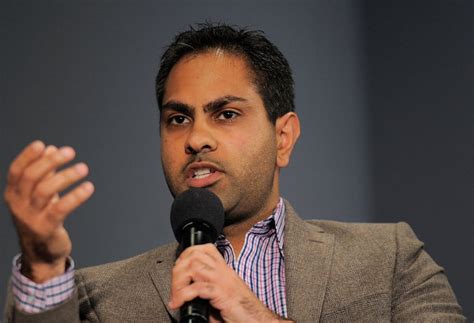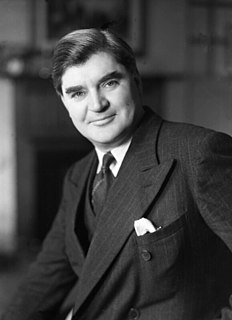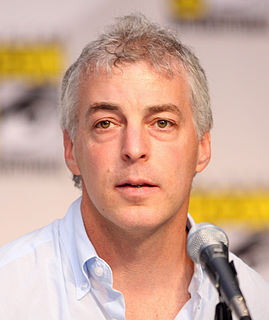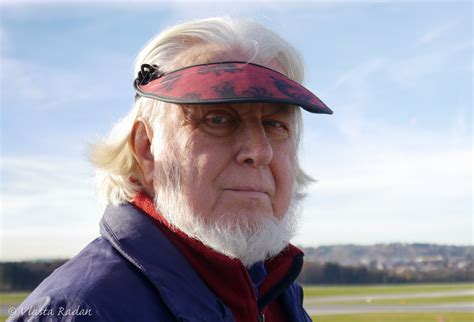A Quote by Ramit Sethi
Who wins at the end of the day? The self-satisfied people who heatedly debate some obscure details? Or the people who sidestep the entire debate and get started?
Related Quotes
...the debate among the scientists if over. There is no more debate. We face a planetary emergency. There is no more scientific debate among serious people who've looked at the science...Well, I guess in some quarters, there's still a debate over whether the moon landing was staged in a movie lot in Arizona, or whether the Earth is flat instead of round.
The debate was wearing me out. Once you've posed that question, it won't go away. I think many people kill themselves simply to stop the debate about whether they will or they won't. Anything I thought or did was immediately drawn into the debate. Made a stupid remark--why not kill myself? Missed the bus--better put an end to it all. Even the good got in there. I liked that movie--maybe I shouldn't kill myself.
Our audience holds us to an incredibly high standard of continuity and emotional authenticity. We don't toy with that, but oftentimes we write stories, in order to spark debate. We're very determined to always give the answer. We don't want to leave a lot of things open to debate, at the end of the day.
There's some debate as to whether you need to awaken from them because there are some patients who are actually starting to say, "I had these horrible nightmares, but I never woke up from them." But they can still recall them when they get up in the morning. So there's still some debate in the field.
Like the vast majority of Americans, I've opposed same-sex marriage, but I've also opposed unjust discrimination against anyone, for racial or religious reasons, or for sexual preference. Americans are a tolerant, generous, and kind people. We all oppose bigotry and disparagement. But the debate over same-sex marriage is not a debate over tolerance. It is a debate about the purpose of the institution of marriage and it is a debate about activist judges who make up the law rather than interpret the law.
As was demonstrated back in 2012, [Barack] Obama was thought to be in big trouble after that first debate, and he wasn't, was he? That first debate didn't end up hurting Barack Obama at all, did it? I know he had incumbancy on his side, but still. He was horrible that first debate. It didn't matter because there were two more, and there are two more here.



































